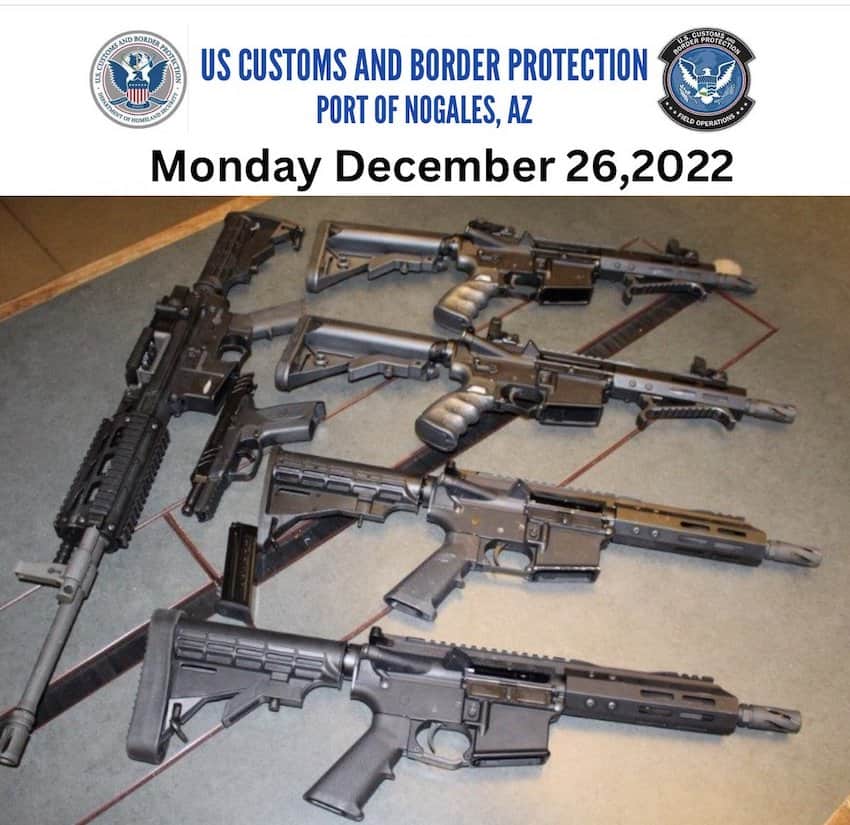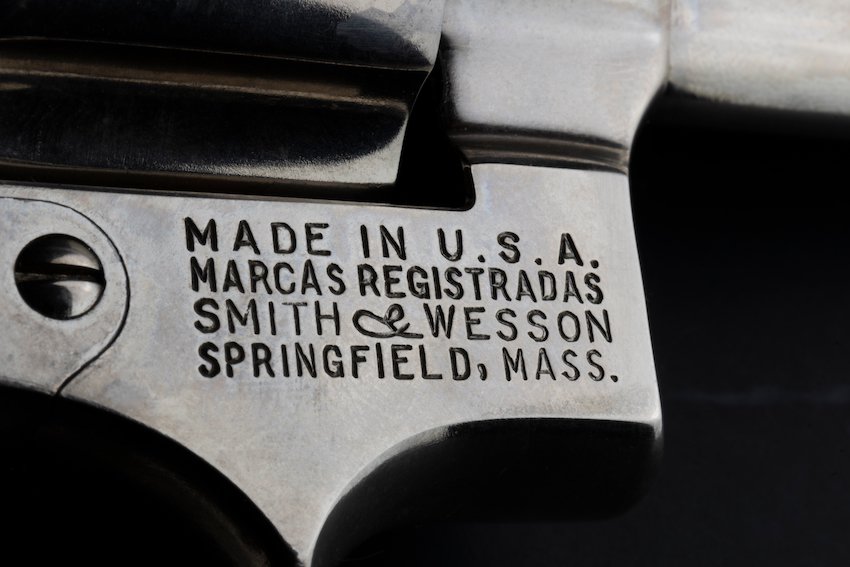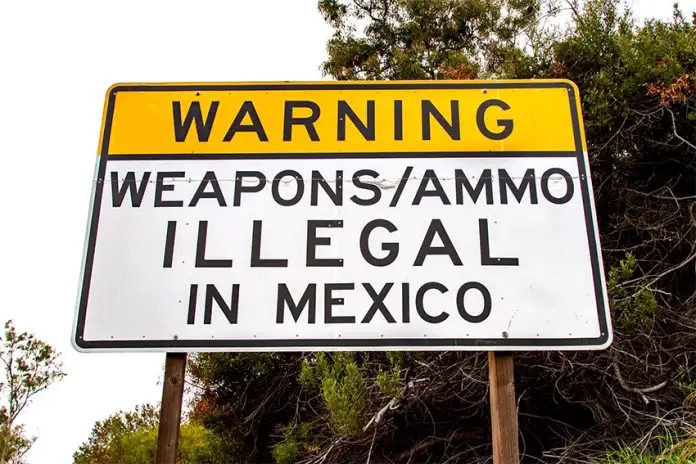A United States federal judge dismissed on Wednesday most of the Mexican government’s US $10 billion lawsuit against U.S. gun manufacturers it accused of negligent business practices leading to violence in Mexico.
District Judge Dennis Saylor threw out claims against six of eight companies Mexico sued in 2021.
Saylor, a judge of the United States District Court for the District of Massachusetts, previously dismissed Mexico’s lawsuit in October 2022, saying that U.S. law “unequivocally” prohibits claims that seek to hold gun manufacturers responsible when people use their products for their intended purpose.
The Mexican government appealed the decision, and in January a U.S. appeals court ruled its lawsuit could proceed.
On Wednesday, Saylor once again dismissed Mexico’s lawsuit against Sturm, Ruger & Co.; Barrett Firearms Manufacturing; Glock; Colt’s Manufacturing Company; Century International Arms; and Beretta U.S.A. Corp.
In early 2022, those companies filed to have the lawsuit against them dismissed based on the broad protection the Protection of Lawful Commerce in Arms Act provides to gun manufacturers.

Saylor said Wednesday that the six companies’ connection to Massachusetts — where Mexico filed its case — was “gossamer-thin at best.”
“The government of Mexico is obviously not a citizen of Massachusetts. None of the six moving defendants is incorporated in Massachusetts, and none has a principal place of business in Massachusetts. There is no evidence that any of them have a manufacturing facility, or even a sales office, in Massachusetts,” the judge said in a written ruling.
“None of the alleged injuries occurred in Massachusetts. No Massachusetts citizen is alleged to have suffered any injury. And plaintiff has not identified any specific firearm, or set of firearms, that was sold in Massachusetts and caused injury in Mexico.”
The Mexican government’s legal team argued that it was statistically likely that some firearms sold in Massachusetts were trafficked to Mexico, but Saylor said that Mexico didn’t have sufficient evidence to establish jurisdiction.

Mexico still has an active lawsuit against gun manufacturer Smith & Wesson Brands and gun wholesaler Witmer Public Safety Group.
Saylor’s decision on Wednesday “does not affect the lawsuit against these two companies nor does it absolve the other six companies of responsibility,” Mexico’s Ministry of Foreign Affairs (SRE) told Reuters.
The SRE also said it was considering filing an appeal against the latest decision, or taking its case to other courts in the United States.
Mexico accused the gun manufacturers of deliberately designing and marketing weapons to appeal to criminal organizations in Mexico, where guns smuggled into the country from the U.S. are used in a majority of high-impact crimes such as homicide.
Colt’s, for example, manufactured a pistol embellished with an image of Emiliano Zapata, a hero of the Mexican revolution. That weapon was used in the 2017 murder of Chihuahua-based journalist Miroslava Breach.
In a court document filed in 2021, the SRE said, “Mexico is denouncing these promotional practices, along with other examples of negligence, like multiple weapons sales to a solo buyer, and the absence of background checks.”

The Mexican government filed a separate, as yet unresolved, lawsuit against against five Arizona gun stores for alleged involvement in trafficking firearms from the U.S. to Mexico.
In Massachusetts, it argued that more than half a million guns are trafficked annually to Mexico, where firearms can only be purchased legally at one army-run store.
The Mexican government also argued that the smuggling of weapons into Mexico has contributed to high rates of gun-related deaths, negatively affected the economy and investment and precipitated a need to increase spending on public security. Data published by the national statistics agency INEGI last week showed that 70% of more than 31,000 homicides in Mexico last year were perpetrated with firearms.
Lawrence Keane, general counsel of the Connecticut-based National Shooting Sports Foundation, welcomed Saylor’s Wednesday decision.
Keane said the judge had rejected Mexico’s “obvious forum-shopping,” and expressed confidence that courts will also dismiss claims against Smith & Wesson and Witmer Public Safety Group.
He has previously said that “the crime that is devastating the people of Mexico is not the fault of members of the firearm industry, that under U.S. law, can only sell their lawful products to Americans exercising their Second Amendment rights after passing a background check.”
In an X post in January after the Boston-based United States Court of Appeals for the First Circuit ruled that Mexico’s case could proceed, Keane wrote that “Mexico should spend its time enforcing its own laws and bring Mexican criminals to justice in Mexican courtrooms, instead of scapegoating the firearm industry for their unwillingness to protect Mexican citizens.”
